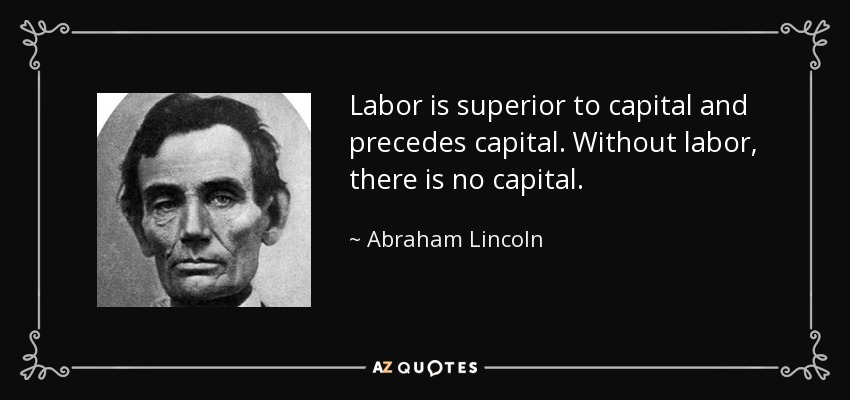Does anyone have any opinion on what the federalist and antifederalist debate in early US history represented in terms of a struggle within the bourgeoisie? I don't even remember that much about the whole thing. Who won and did it connect to any of the major events in the period?
Clearly not a full answer to
Clearly not a full answer to your question but this is a short extract from an article on the American Revolution from the ICC's website:
"‘Shays’ Rebellion’ directly influenced the debate on a new US Constitution, finally convincing anti-federalist elements in the American bourgeoisie of the need for a strong central government fully equipped to suppress insurrections of the poor.
In the wake of the uprising the federalist wing of the bourgeoisie (Madison, Hamilton, Jay) argued for a strong republic as a “barrier against domestic faction and insurrection”, seeing clearly that given the inevitable division of society into “those who hold and those who are without property” the principal task of the state was to manage the resulting class conflicts. Far from being a weakness, as anti-federalists argued, the large size of the new republic would make it even more difficult for incipient rebellions to unify:
“The influence of factious leaders may kindle a flame within their particular States, but will be unable to spread a general conflagration through the other States. […] A rage for paper money, for the abolition of debts, for an equal division of property, or for any other improper or wicked project, will be less apt to pervade the whole body of the Union…” (Federalist No. 10, 1787)
The resulting Constitution was thus not only designed to protect the interests of the rich, but was part of a conscious strategy by the most far-sighted faction of the American bourgeoisie to prevent future internal threats to the rule of capital from “those without property”."
(http://en.internationalism.org/icconline/201402/9461/birth-american-democracy-tyranny-tyranny)
("...or for any other improper or wicked project..." :-))
Good points, Marky. I think
Good points, Marky. I think they were debates between the more aristocratic landholders and the emerging bourgeoisie that often took somewhat differently to the problems facing poor farmers and laborers. That's a foggy recollection.
I did read this essay recently that I think is pretty neat, called The Influences of Pennsylvania's
1776 Constitution on American Constitutionalism During the Founding Decade.
The Pennsylvania state constitution
Yes, I think your quote shows
Yes, I think your quote shows clearly there were real differences and tensions in the American bourgeoisie at the time; the extract I quoted may have given the impression that somehow these tensions - federalist/anti-federalist - were permanently resolved in order to deal with the class struggle. Given that the bourgeoisie - especially the northern mercantile class - fought the revolution precisely in order to secure its political autonomy, it's not surprising it remained highly suspicious of any perceived centralising threat to this. Also, they had mobilised the artisans and skilled workers as a spearhead for their national liberation struggle and the workers had their own more radical ideas. People like the Tea Party obviously tap into this anti-federalist strand today - they just don't seem to understand the capitalist need for a strong central state in order to deal with the class struggle!
So what kind of revolutionary
So what kind of revolutionary potential did Shays Rebellion embody?
Yeah the democratic party was
Yeah the democratic party was the rulling class party once and the republican party was once the party for the man on the floor.
Abrahim Lincoln said this once

The full quote is here:
http://www.huffingtonpost.com/rep-alan-grayson/lincoln-congress-speech-_b_1127058.html
But then he got assasinated so that was the end of that
He was a republican federalist. The main cause for the republican party back in the days was to oppose slavery.
Democratic party was once for racism and traditionally had a lot of voters in the south but then in the 60ies or so they shifted policy.
Then the republican became the party for low taxes...
The Pigeon wrote: So what
The Pigeon
I think Shays' Rebellion was an expression of the struggle of small independent producers against the attempts of the American state to subject them to capitalist authority and brutally integrate them into commodity production. As such we can see it as an attempt to defend a previous, pre-capitalist stage of development, but it was certainly well-organised and for a while proved very difficult for the US bourgeoisie to put down...